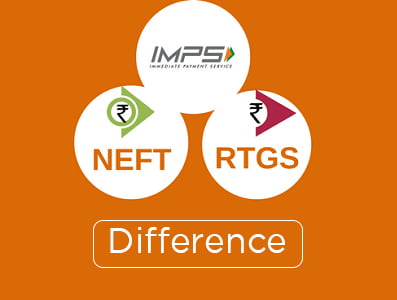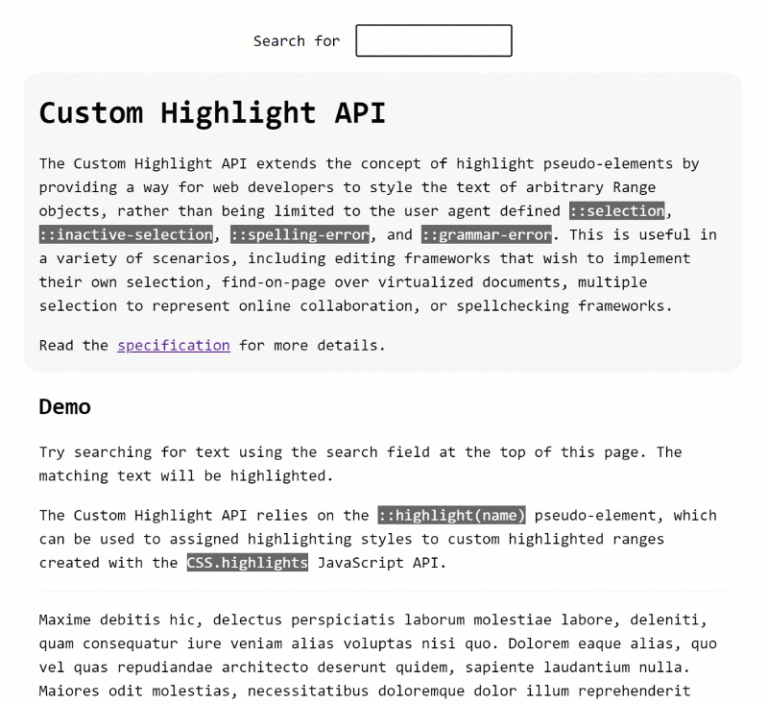
There are efforts being made by the government and the Reserve Bank of India to create a cashless economy and promote digital payments supplemented with debit/credit cards and prepaid devices. There have been measures taken to introduce new ways of cash flow in the economy and set up facilities to be able to implement a cashless society. With confined cash in hand and an indefinite crunch, people are dashing to cashless transactions. Digital transactions supply better transparency, scalability, and accountability. This step has increased the use of payment means such as RTGS, IMPS, and NEFT.
Also Read: Best Mobile Apps To Manage Trade And Payments For Ecommerce Sellers
Difference between NEFT, RTGS, IMPS
Back in the day, the transfer of funds from one account to another was a tedious process and conducted through submitting a cheque in the bank. This process took about 1-2 weeks to be carried out. With the introduction of electronic payments and fund transfer options, it has become convenient for consumers to transfer money from one bank to another. For example – a group of friends visit cafes for dinner and usually split the bill. Earlier such accounts were settled through cash and created problems as not every member would carry enough cash. But now, with electronic payments, it is easy to transfer bill amounts to each other’s accounts through bank apps.
Electronic Transfer of Funds (ETF)
Electronic payment methods can be carried out using the internet through banking tools and mobile applications. Most banks offer options of sending money through digital wallets such as Paytm, Google Pay, etc., and UPI. Other most common ways of transferring funds include RTGS, NEFT, and IMPS. In order to carry out these payments, the user needs to mention his account number, amount to be transferred, and IFSC code.
Net Electronics Fund Transfer (NEFT)
NEFT means an electronic payment system facilitating a direct one-to-one payment mechanism across the country. NEFT transfer enables individuals to transfer money from any bank branch to any account of any other bank branch through a specified net banking system. Mobile banking and internet banking enable NEFT transfers in the country. Some of the benefits of this system are as follows:
- A positive affirmation to the remitter through SMS / email on credit to the beneficiary account.
- Penal interest provision for the delay in credit or return of transactions
- Round-the-clock availability on all days of the year
- Near-real-time money transfer to the beneficiary account and settlement in a steady manner.
- Pan-India insurance through a massive network of branches of all types of banks
- No levy of charges through RBI from banks
- Besides funds transfer, NEFT devices can be used for a whole lot of transactions together with the charge of credit card dues to the card-issuing banks, payment of mortgage EMI, inward forex remittances, etc.
- No prices to financial savings bank account clients for online NEFT transactions
- Available for one-manner funds transfers from India to Nepal.
Also Read: Best Mobile Applications To Manage Trade & Payments For Travel Agencies
Real-Time Gross Settlement (RTGS)
RTGS meaning can be well explained in terms of the transfer of money from one account to another. It is an easy process to send money through RTGS. RTGS transfer time is between 10 seconds to a minute. Log on to your net banking account online and enter the information of the beneficiary, such as name, account number, IFSC code, and account type. Click on RTGS payment as the preferred code and fill in the amount to transfer. RTGS offers the following benefits:
- It is a secure and steady system for funds transfer.
- RTGS transactions/transfers have no amount cap.
- The transaction has legal backing.
- There is real-time transfer of funds to the beneficiary account.
- The beneficiary need not go to a financial institution branch for depositing the paper instruments.
- The system is available on all days on a 24x7x365 basis.
- The beneficiary need not be anxious about loss/robbery of physical devices or the probability of fraudulent encashment thereof.
- Remitter can initiate the remittances from his/her home/place of work using netbanking if his/her financial institution gives such service.
- The remitter need not use a physical cheque or a call for a draft.
- The transaction costs were capped by RBI.
Also Read: Best Mobile Apps To Manage Trade And Payments For Retail Shops
Immediate Payment Service (IMPS)
This mode of payment enables consumers to transfer money instantly from one account to another. The minimum limit of the transfer is Rs 1 and the maximum is Rs 2 lakh. The service is available 24×7, including Sundays and even on bank holidays. It can be used through internet banking and mobile.
Difference between RTGS, NEFT, and IMPS
| Head | NEFT | RTGS | IMPS |
| Procedure | Fund transfer takes around 2 days, and transaction hours are between 12:30 am to 12:00 am. This is based on deferred net settlement. | RTGS stands for Real-Time Gross Settlement. It is a payment process in which money is credited in quick time and on a gross basis. | This is the quickest way of transfer of funds through a secure means of fund transmission. |
| Transfer Limit (Min) | 1 | 1 | 1 |
| Transfer Limit (Max) | No Limit | No Limit | Rs 2 Lakh |
| Timings | 24x7x 365, including weekend and bank holidays | 24x7x 365, including weekend and bank holidays | 24x7x 365, including weekend and bank holidays |
| Payment Options | Online and Offline | Online and Offline | Online |
| Charges/Fee | Free of cost | Free of cost | Decided by the bank |
| Refund Process | Refund of NEFT payment takes about 2 hours for the refund amount to hit back into the account if the transfer is unsuccessful. | It takes about 1 hour for the refund amount to hit back into the account if the transfer is unsuccessful. | It takes between a few seconds or a maximum of 2 hours for the refund amount to hit back into the account if the transfer is unsuccessful. |
Also Read: Best Mobile Apps To Manage Trade And Payments For Restaurants
Throughout the world, the growth of the EFT capability leads to new developments that affect business operations outside of financial institutions. New electronic payment mechanisms in the form of remote EFT systems terminals are being used in supermarkets and shopping centers. Some of the other services that virtually eliminate manual paper handling include direct payroll deposit and direct social security check deposits that are more common in the western world.





